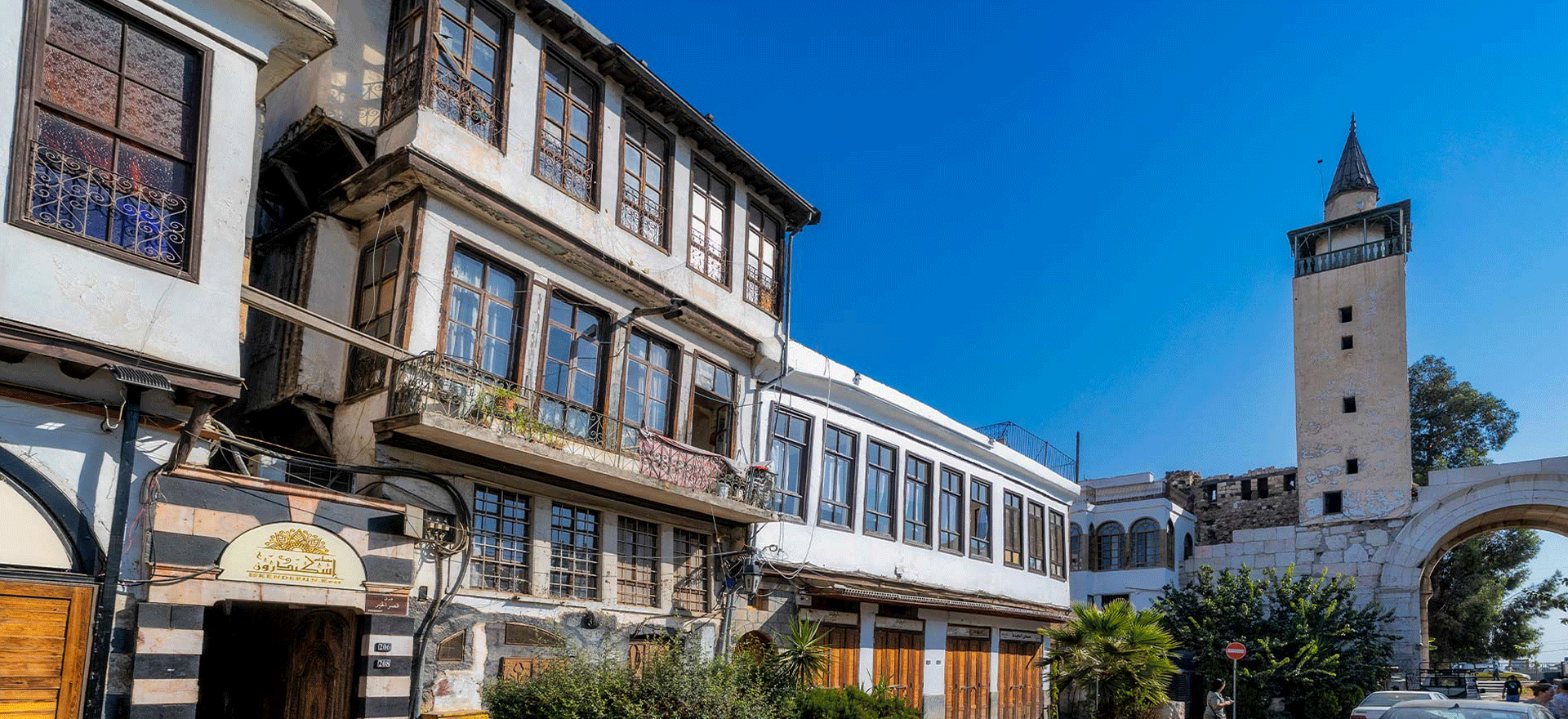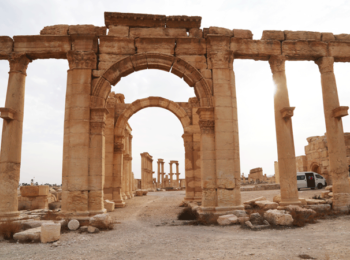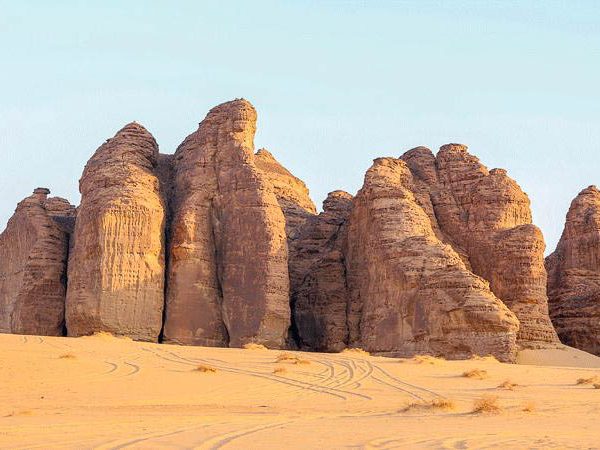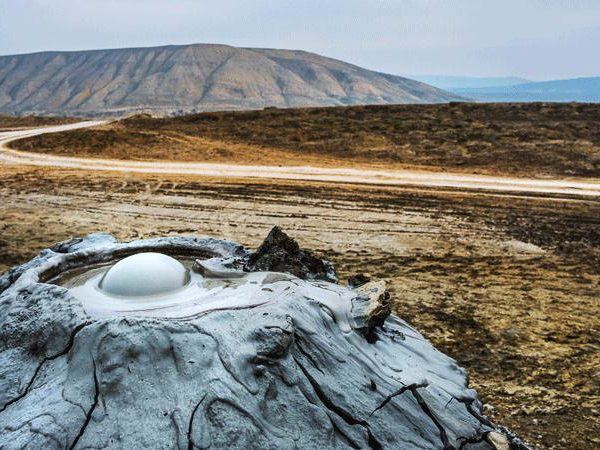Visas
For Lebanon all travellers, including British citizens, can obtain visas upon arrival at Beirut International airport.
All travellers will require a visa and security clearance before entry to Syria. You should ensure that your passport has at least six months’ validity after the end date of your trip. We also strongly recommend that your passport has a minimum of two blank pages next to each other – on rare occasion it may lead to problems with visas and immigration authorities if it does not.
We obtain the visa approval on your behalf, and for this we need a scanned copy of your passport. Once approval has been granted you then obtain your visa at the border. For most nationalities the approval takes approximately 5 working days to obtain and costs $140, payable at the border. However for US citizens the process can take a lot longer, up to around 45 working days, and the cost is $160, again payable at the border.
If you have a visa or entry stamp for Israel, the Palestinian self-administered territories, or Sharm el Sheikh in Egypt, in your passport it is highly likely that you will be refused entry into Syria, regardless of your nationality.
Visa regulations and requirements can change however and so we recommend that you contact your nearest embassy for the most up to date information.
Health and vaccinations
We are not medically qualified and so we recommend that you speak to your doctor or nearest health professional for advice concerning recommended vaccinations. For more advice on vaccinations you can also visit www.fitfortravel.nhs.uk.
Insurance
It is a condition of joining our tours that you have suitable travel insurance in place, and we cannot accept travellers without insurance. All policies differ in terms of what they will cover, but as a minimum you need medical and health cover which will cover you for the whole time that you are away. Most policies will also include cancellation cover, which will cover you if an unforeseen circumstance obliges you to cancel your trip. We recommend that you obtain your insurance as soon as you book your trip.
Please note that government travel warnings often affect the validity of your travel insurance, and you should check this with your insurance company.
Money
The local currency in Syria is the Syrian Pound. If you want to bring money to exchange while here, US dollars in smaller notes would be best. ATMs do not operate in Syria so you should bring a sufficient amount of cash for your trip.
The local currency in Lebanon is the Lebanese Pound. If you want to bring money to exchange while here, US dollars in smaller notes would be best, although the banks will also exchange major foreign currencies such as sterling and euros. ATM’s will be available and relatively widespread, dispensing USD or Lebanese Pound.
Local conditions
When travelling to some of the destinations we offer you need to bear in mind that things won’t always work here as we’re used to them working at home. Travelling in underdeveloped and untouristed destinations
requires both patience and a sense of humour. There may be problems with infrastructure, attitudes may be different, and maintenance may not be as high a standard as we would always like, but this is very much part and parcel of travelling in such a place. We aim to resolve any issues as quickly as possible, and thank you for your patience.
Travel advice
We keep a very close eye on the travel advice issued by the UK Foreign and Commonwealth Office so that we can keep you up to date with any warnings. At the time of writing the FCO advises against travel to all parts of Syria.
We work very closely with our local team and are fully confident that we can operate tours safely in this region. Should you have any concerns over safety please do not hesitate to contact us and we can address your concerns.
This relates to advice from the British government – other nationalities need to check the stance of their own governments.
Updated July 2023












